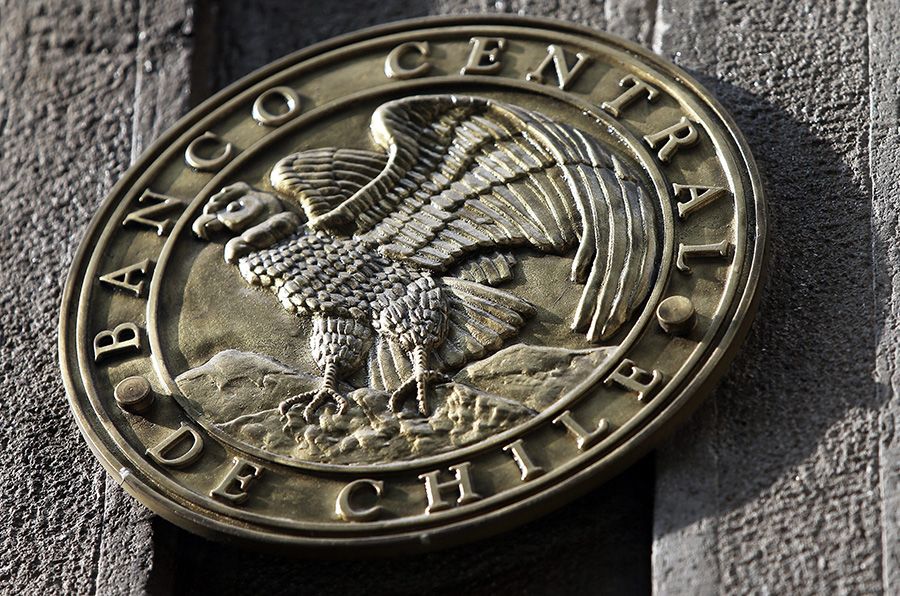Chile’s central bank said its medium-term inflation outlook is improving, and the interest rate has risen to the level needed to bring consumer prices down to target over the two-year horizon.
Policymakers discussed a rate hike of 25 or 50 basis points at their October 12 meeting, when they raised borrowing costs by half a percentage point to 11.25%.
While inflation remains high and persistent, central bank board members agreed that recent data indicated that medium-term consumer price pressures would gradually ease, according to the decision minutes.

“This represented an important change from several of the previous Meetings, where, in general, the data were gradually showing the need for increasingly restrictive monetary policy to ensure the convergence of inflation to 3% in two years,” according to the meeting minutes released Thursday.
The directors said in the document that raising the benchmark rate to 11.25% placed borrowing costs “at the level necessary to ensure the convergence of inflation to 3%, given the current macroeconomic environment.”
The Central Bank of Chile, headed by its president, Rosanna Costa, faces consumer prices exceeding its target and an economic slowdown. Annual inflation declined in September for the first time since early 2021 and, at 13.7%, remains well above the 3% target.
Meanwhile, the monetary authority expects the gross domestic product to fall next year in the face of slowing investment and domestic demand.
Consumer prices have begun to slow, and the process is being helped by moderating commodity costs, Costa said at an event on Tuesday.
Still, he said that market inflation expectations remain above target over two years.
Meanwhile, the Chilean peso has depreciated more than 10% so far this year amid uncertainty about the next steps in the constitutional process and the strengthening of the dollar globally.
A weaker currency stimulates inflation by making imports more expensive.
With information from Bloomberg

